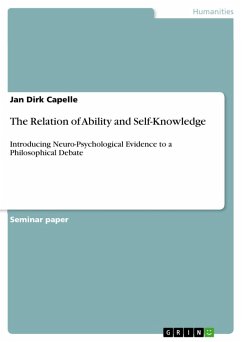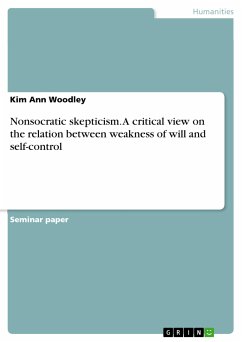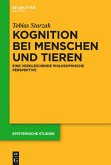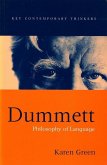Seminar paper from the year 2011 in the subject Philosophy - Theoretical (Realisation, Science, Logic, Language), grade: 1,0, Otto-von-Guericke-University Magdeburg (IPHI), course: Social Cognition, language: English, abstract: The Essay discusses the relevance of Wittgensteinian arguments to the contemporary externalism-internalism debate on mental states as argued by William Child in his 2006 essay "Wittgenstein's externalism: Context, self-knowledge and the past." Child's central claim considered in the essay at hand is that certain types of abilites (such as mastery of a language and calculating) require self-knowledge of same sort, while others (such as swimming) do not - a point that has also been made by Michael Dummett. Drawing on case studies provided by Hans J. Markowitsch (including the famous patient E.D.), it is argued that this claim does not hold against the indication of empirical evidenve and the dissociation of memory systems and therefore the impact of Wittgenstein's thoughts on the debate remains unproven.
Dieser Download kann aus rechtlichen Gründen nur mit Rechnungsadresse in A, B, BG, CY, CZ, D, DK, EW, E, FIN, F, GR, HR, H, IRL, I, LT, L, LR, M, NL, PL, P, R, S, SLO, SK ausgeliefert werden.









